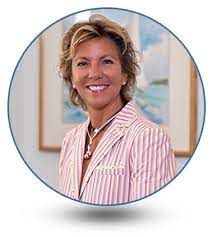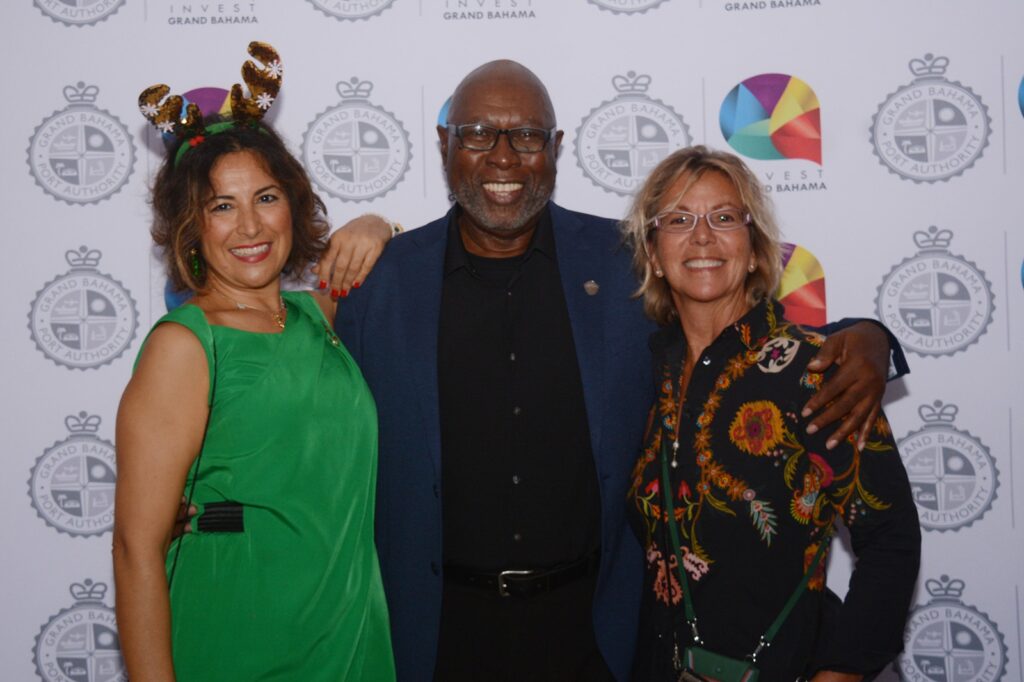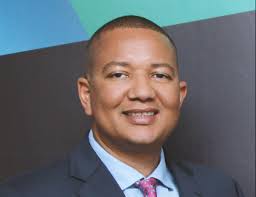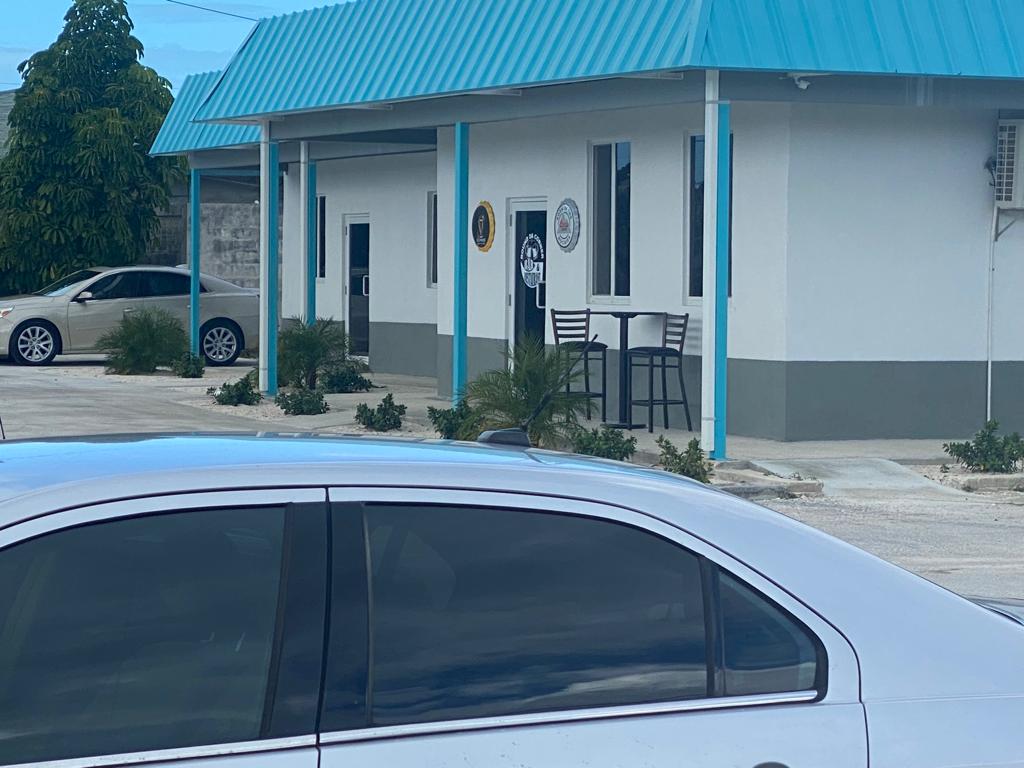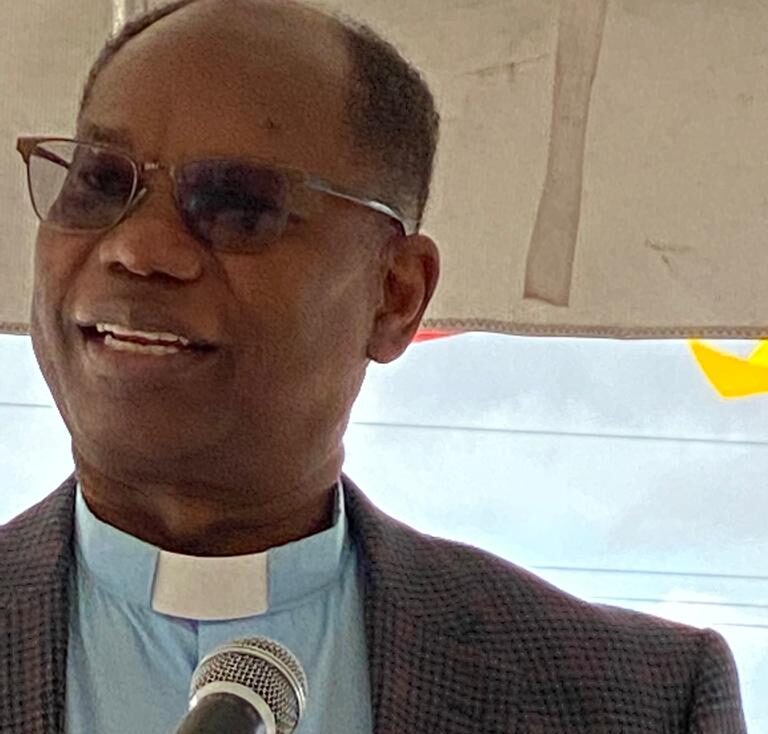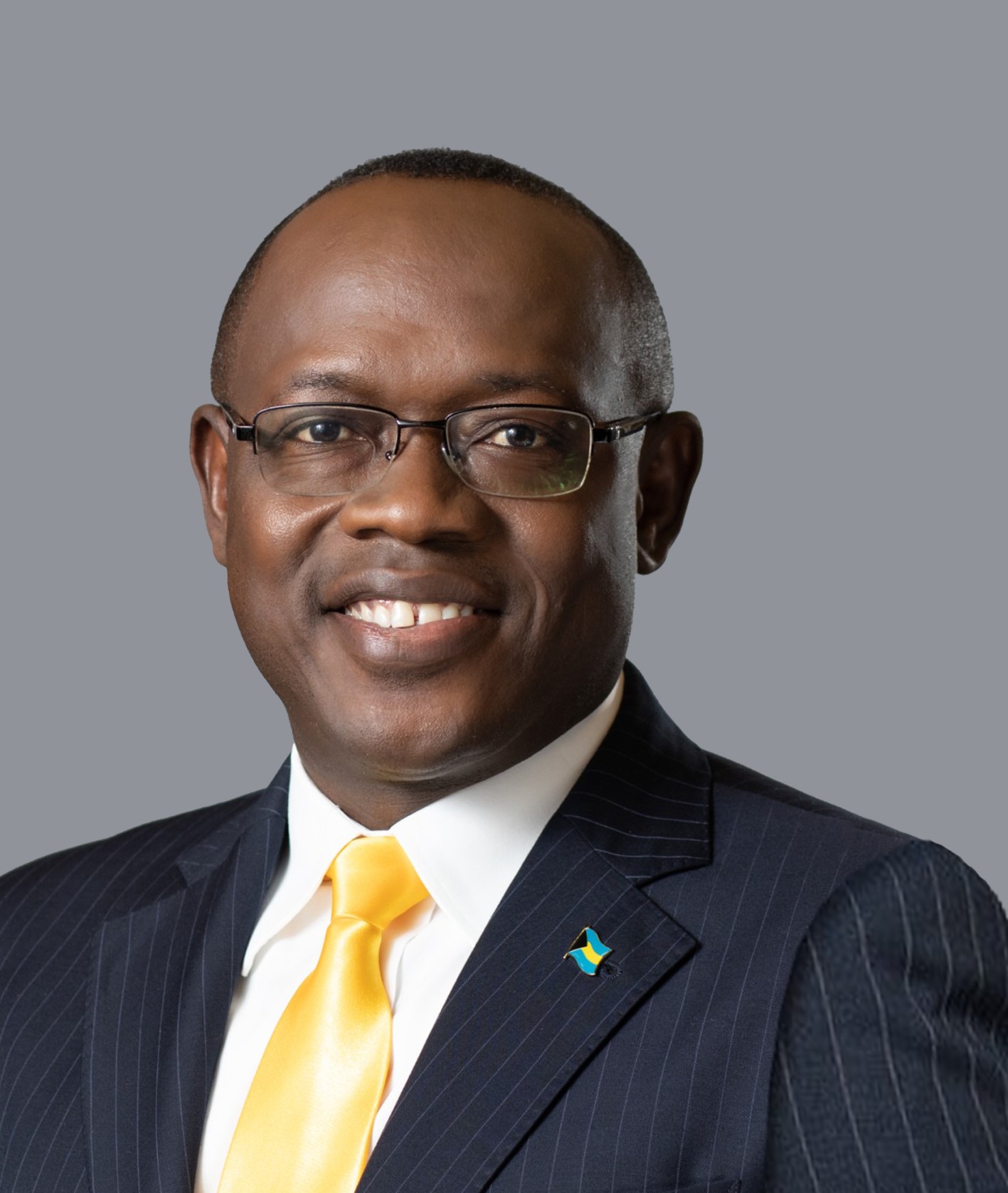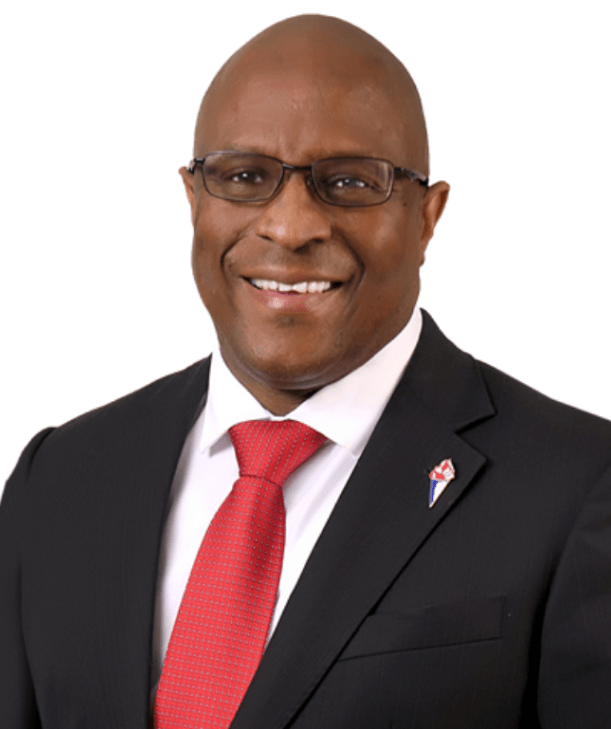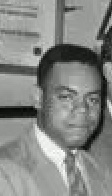
By Fred Sturrup | Publisher/Editor | Grand Bahama Courier
The name Clement Pinder is one of those that are unsung and often forgotten as important historical chapters are addressed from time to time.
I’ve been directly connected to media in The Bahamas for one year short of 60 years, beginning as a copy boy at the Nassau Guardian in June of 1965.
In early stories which referred to the formation of the Progressive Liberal Party (PLP), I recall that Clement Pinder was always mentioned along with William Cartwright, Cyril Stevenson and Henry Taylor.
Recently, while doing a bit of research in preparation for the next publication of the periodical tabloid, Grand Bahama Courier, I noticed that Wikipedia mentioned only Cartwright, Stevenson and Taylor in a collective founding role. I immediately contacted PLP Chairman Fred Mitchell who said he was not aware of a fourth founding member, but provided me with a contact for longtime PLP associate Minky Isaacs.
When I called Minky, I asked if he remembered the fourth founding member of the PLP. I mentioned that he once had an office on Market Street just south of Ross Corner on the upper floor of a two story building. Immediately, Minky voiced the name Pinder but neither of us could recall, at that moment, a first name. A short time later, though, Minky got back to me and said it was Clement. I communicated the same to the chairman and he further forwarded the following:
“I knew Clement Pinder. H.M. Taylor who wrote the definitive narrative on the founding of the party does not acknowledge him (Clement Pinder) as one of the founders. He was certainly in the picture at the first convention, but not as a founder. Neither does Cyril Stevenson’s narrative (indicate as much).”
I found that comment interesting and can further attest to one of our late political historians, George Capron, informing me of how the four (Cartwright, Stevenson, Taylor and Pinder) used to meet at that same aforementioned office on Market Street, leading up the PLP being formed.
Certainly, it must be acknowledged that the matter should be cleared up entirely. Pinder was a quiet, unassuming person who appeared to prefer being in the background. But he was a competent businessman and a man of substance.
At the very least, it follows that Clement Pinder figured significantly in the early period of the PLP party. It is always pleasing to go down memory lane to bring attention to those who helped to make a positive difference.
Hopefully full clarity will be given, for the sake of history.







